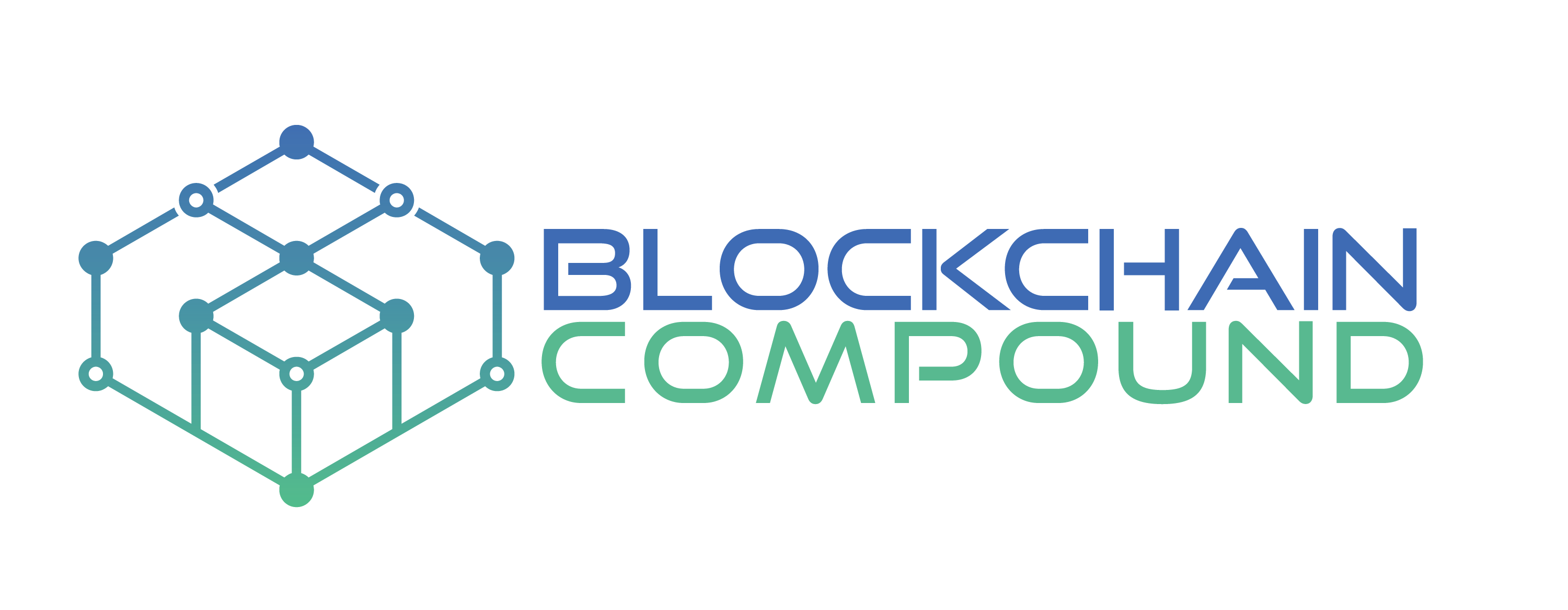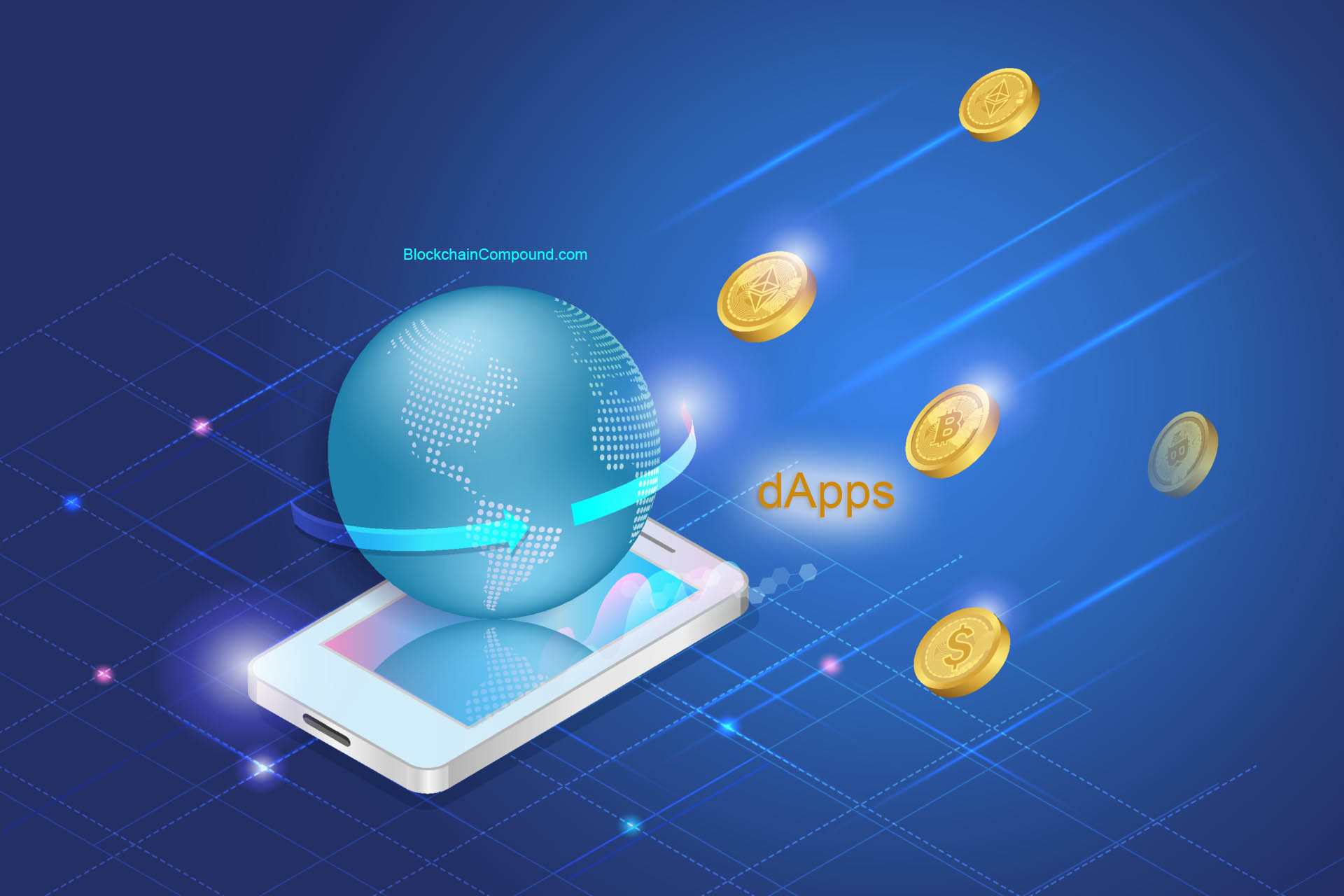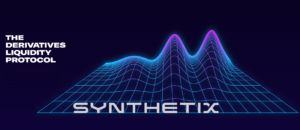Decentralized applications, commonly known as dApps, are a new class of applications that are built on decentralized blockchain platforms such as Ethereum. Unlike traditional centralized applications, dApps are not controlled by a single entity or organization but rather operate on a decentralized network of computers. This decentralization provides several key benefits. Let’s go over three of the main benefits regarding dApps
1. Security
By operating on a decentralized network, dApps are not vulnerable to the same types of attacks that centralized applications are susceptible to, such as hacking, data breaches, and censorship. This is because dApps operate on a distributed ledger, that is maintained by a network of computers rather than a single entity.
2. Transparency
The decentralized nature of dApps allows for all transactions and data to be stored on a public ledger, which is accessible to anyone. This increased transparency helps to increase trust and reduce the potential for fraudulent or malicious behavior.
3. Accessibility
Because dApps are built on decentralized platforms, they are not limited by geographic or regulatory restrictions, making them accessible to a wider range of users. This increased accessibility is particularly important for individuals living in countries with restrictive governments or limited access to financial services, as it allows them to participate in the global economy.
So what are dApps being used for? Here are some current use cases.
Defi – I am sure by now you have heard of decentralized finance (DeFi). DeFi is a growing sector of the cryptocurrency market that enables individuals to participate in financial services without the need for intermediaries such as banks or payment processors. DeFi services include peer-to-peer lending and borrowing, insurance, and remittances, among others.
Gaming – Another use case for dApps is in the gaming industry. dApps have the potential to disrupt traditional gaming models by enabling players to own and trade in-game assets without the need for intermediaries. This could lead to a new era of player-driven economies and increased ownership rights for players.
Supply chain management – dApps can be used to create decentralized supply chain networks that are more transparent and secure than traditional centralized supply chain systems. This increased transparency and security can help to reduce the potential for fraudulent or malicious behavior, improve efficiency, and increase trust in the supply chain.
In the future, dApps have the potential to revolutionize many different industries and change the way we live our lives. For example, dApps have the potential to disrupt traditional voting systems by enabling secure and transparent voting processes that are accessible to all. This could help to increase voter turnout, reduce the potential for fraud, and increase trust in the election process. Now wouldn’t that be nice…
Another area where dApps can have a major impact is in the realm of identity management. dApps can be used to create decentralized identity systems that give individuals more control over their data and reduce the need for intermediaries such as governments or corporations. This could help to reduce the potential for data breaches and identity theft and increase trust in the identity management process.
dApps also have the potential to revolutionize the way we access and manage our personal health data. By enabling secure and transparent access to our health data, dApps have the potential to improve the quality of health care and reduce the potential for data breaches and other security issues that we see and hear about these days.
Traditional business models could be disrupted by dApps and create new opportunities for entrepreneurs. For example, dApps can be used to create decentralized marketplaces that are more secure, transparent, and accessible than traditional centralized marketplaces. This could help to reduce the potential for fraud and increase trust in the marketplace, while also enabling more individuals to participate in the global economy.
Finally, dApps also have the potential to create new opportunities for social impact. For example, they can be used to create decentralized networks that help to address social and environmental challenges, such as climate change, poverty, and inequality. These decentralized networks can be more secure, transparent, and accessible than traditional centralized networks, which could help to increase trust in the social impact sector and enable more individuals to participate in creating positive change.
In conclusion, dApps have the potential to bring about transformation in multiple industries and alter the way we go about our daily lives. As they continue to evolve and new advancements emerge, it’s crucial to stay updated on the latest advancements in this rapidly expanding field. The future for this innovative technology is bright, and its impact on both our lives and the world as a whole will be substantial and far-reaching.




